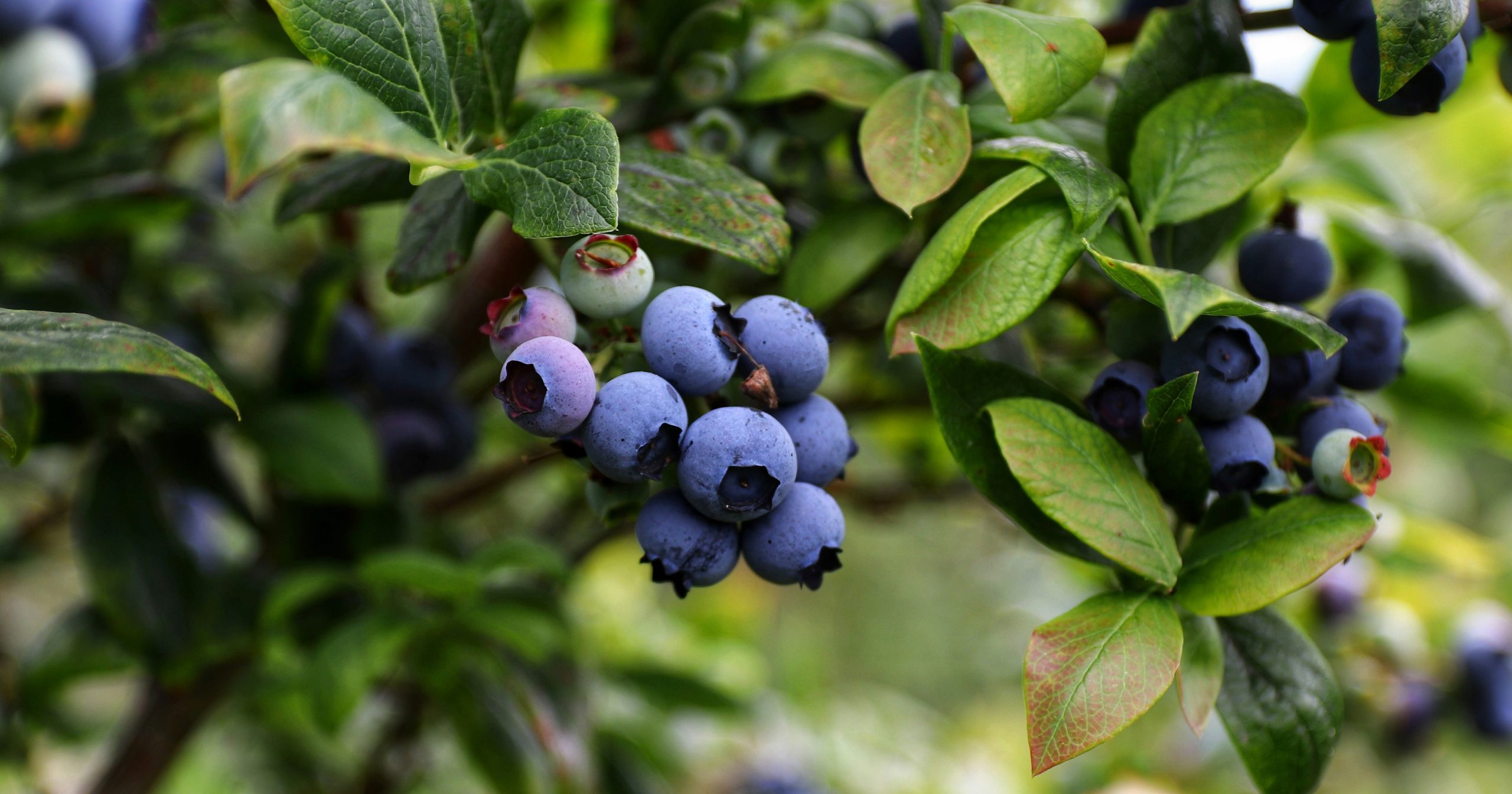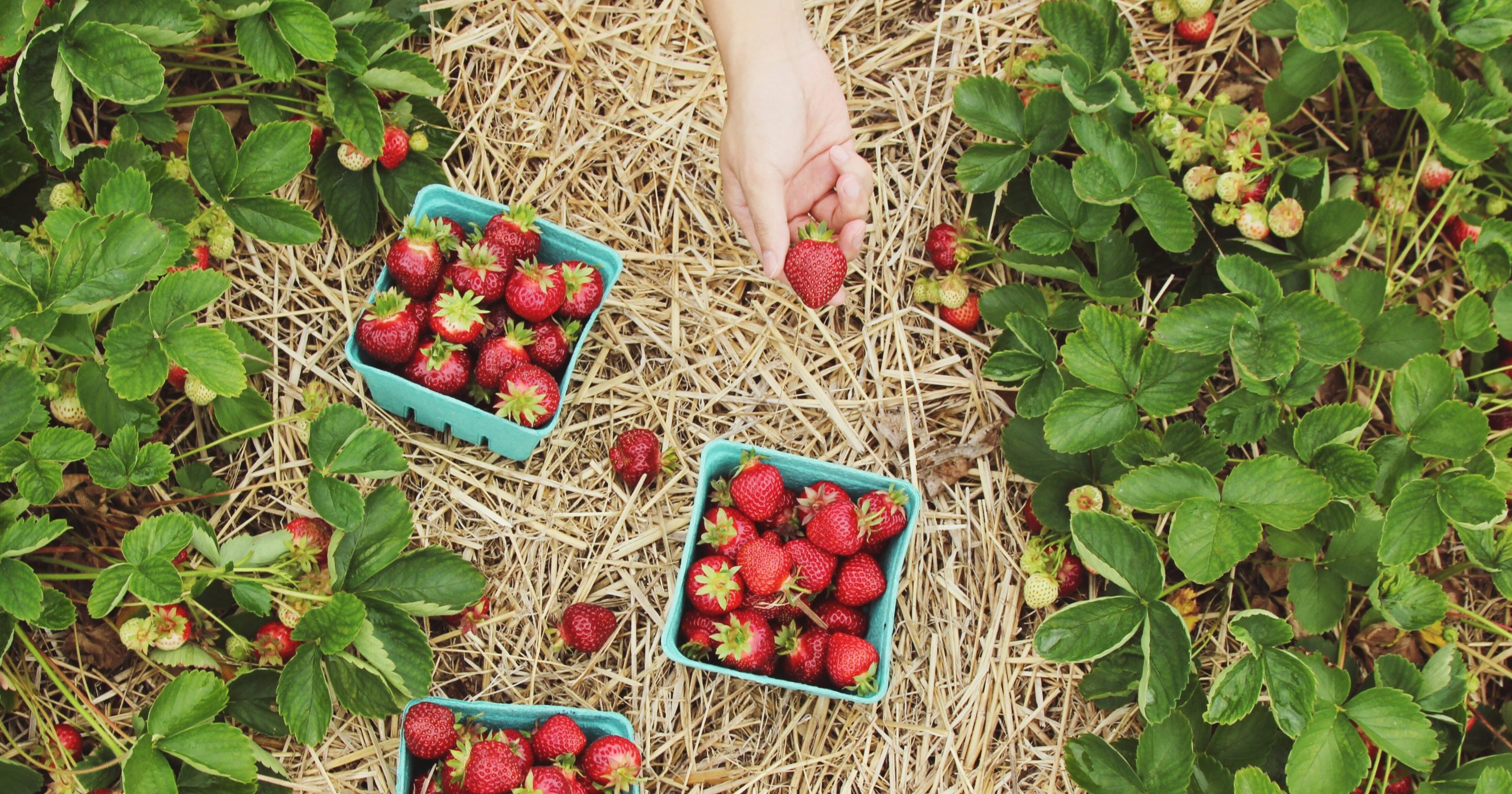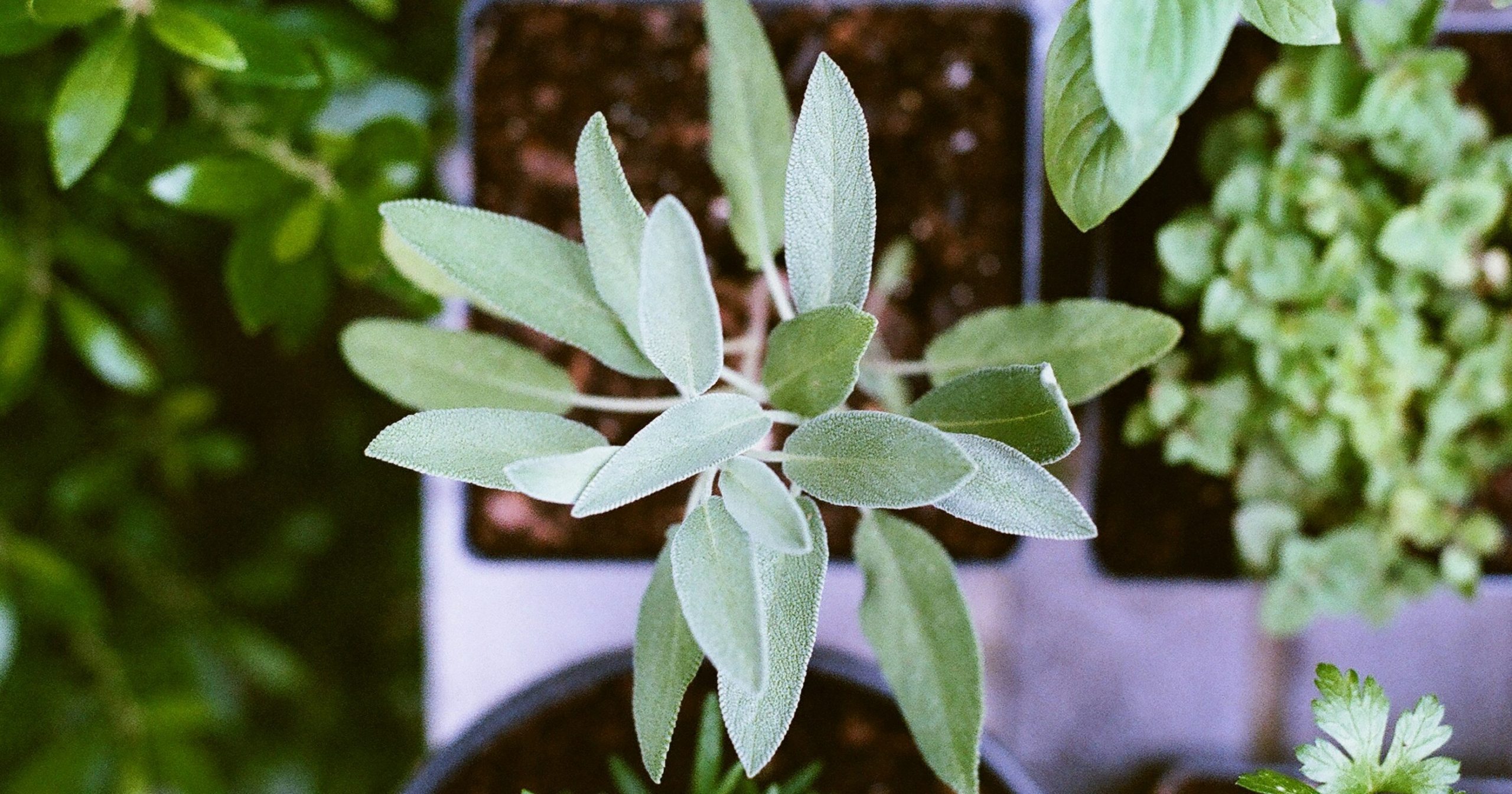Zucchini, a popular summer squash known for its versatility and abundant harvests, is a favorite among gardeners. To ensure a bountiful crop of healthy and vibrant zucchini, it is essential to provide the plants with the right nutrients. Fertilizing zucchini not only promotes vigorous growth but also enhances fruit production. With a plethora of fertilizer options available, choosing the best one can be overwhelming.
In this article, we will explore the various types of fertilizers suitable for zucchini plants, their nutrient requirements, and the best practices for application. Whether you are a seasoned gardener or a beginner, this comprehensive guide will help you make informed decisions and achieve remarkable results in your zucchini patch.
Do Zucchini need to be fertilized?
Zucchini plants benefit from regular fertilization for optimal growth. Fertilizing zucchini plants provides them with essential nutrients that may be lacking in the soil, promoting healthy foliage, strong root development, and abundant fruit production. It is recommended to fertilize zucchini plants at planting time and then continue with regular applications throughout the growing season.
The best fertilizer for Zucchini
The best fertilizer for growing zucchini is one that is high in nitrogen, phosphorus, and potassium. A balanced fertilizer with an NPK ratio of 10-10-10 or 14-14-14 is ideal for zucchini plants. Additionally, organic fertilizers such as compost or well-rotted manure can also be beneficial for providing essential nutrients to the plants. It is important to follow the manufacturer’s instructions for application rates and frequency to avoid over-fertilization, which can lead to nutrient imbalances or plant burn.
When to fertilize Zucchini
The ideal time to fertilize Zucchini plants is before planting and during the growing season. Before planting, it is recommended to amend the soil with organic matter, such as compost or well-rotted manure, to provide essential nutrients. This can be done a few weeks before planting to allow the organic matter to integrate into the soil.
During the growing season, Zucchini plants benefit from regular fertilization to support their growth and fruit production. Start by applying a balanced fertilizer, such as a 10-10-10 or 14-14-14, when the plants have established a few true leaves. Follow the instructions on the fertilizer package for application rates.
After the initial application, continue to fertilize every 4-6 weeks throughout the growing season. Alternatively, you can use a slow-release fertilizer at the beginning of the season, which will gradually release nutrients over time.
It is important to note that over-fertilization can lead to excessive foliage growth at the expense of fruit production. Therefore, it is crucial to follow the recommended application rates and avoid applying fertilizer directly on the plant’s leaves or stems.
Common issues with fertilizing Zucchini
When fertilizing zucchini, there are a few common issues or problems that can arise:
- Over-fertilization: Applying too much fertilizer can lead to excessive vegetative growth, weak stems, and reduced fruit production. It can also result in nutrient imbalances, such as excessive nitrogen, which can negatively affect fruit quality.
- Under-fertilization: Insufficient fertilization can lead to nutrient deficiencies, stunted growth, and reduced fruit production. Zucchini plants require a steady supply of nutrients to thrive and produce abundant fruits.
- Imbalanced fertilization: Zucchini plants require a balanced supply of essential nutrients, including nitrogen (N), phosphorus (P), and potassium (K), as well as micronutrients. Imbalances in nutrient ratios can lead to various issues, such as poor fruit development, blossom end rot, or susceptibility to diseases and pests.
- Timing of fertilization: Applying fertilizers at the wrong time can also cause problems. It is important to fertilize zucchini plants at the right stage of growth. Applying fertilizers too early or too late can disrupt the plant’s development and fruiting.
- Incorrect fertilizer type: Using the wrong type of fertilizer can also cause issues. Zucchini plants generally require a balanced, all-purpose fertilizer with equal or slightly higher amounts of nitrogen and potassium, and a moderate amount of phosphorus. Using a fertilizer with imbalanced nutrient ratios or one that is not suitable for vegetables can lead to nutrient deficiencies or toxicities.
To avoid these problems, it is crucial to follow the recommended fertilization guidelines for zucchini, which may vary depending on the soil conditions, plant health, and specific fertilizer used. Regular soil testing can help determine the nutrient requirements and ensure proper fertilization.













